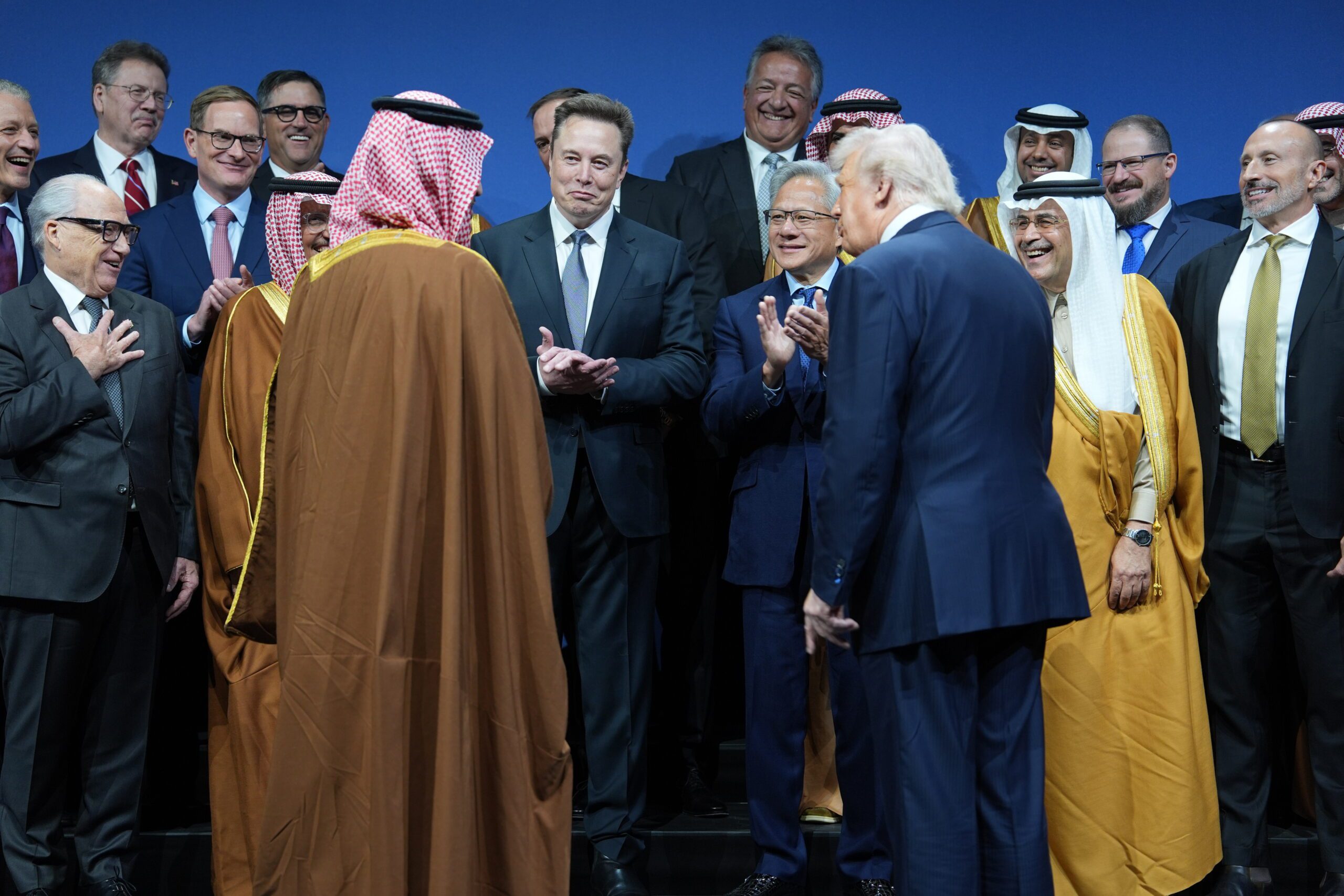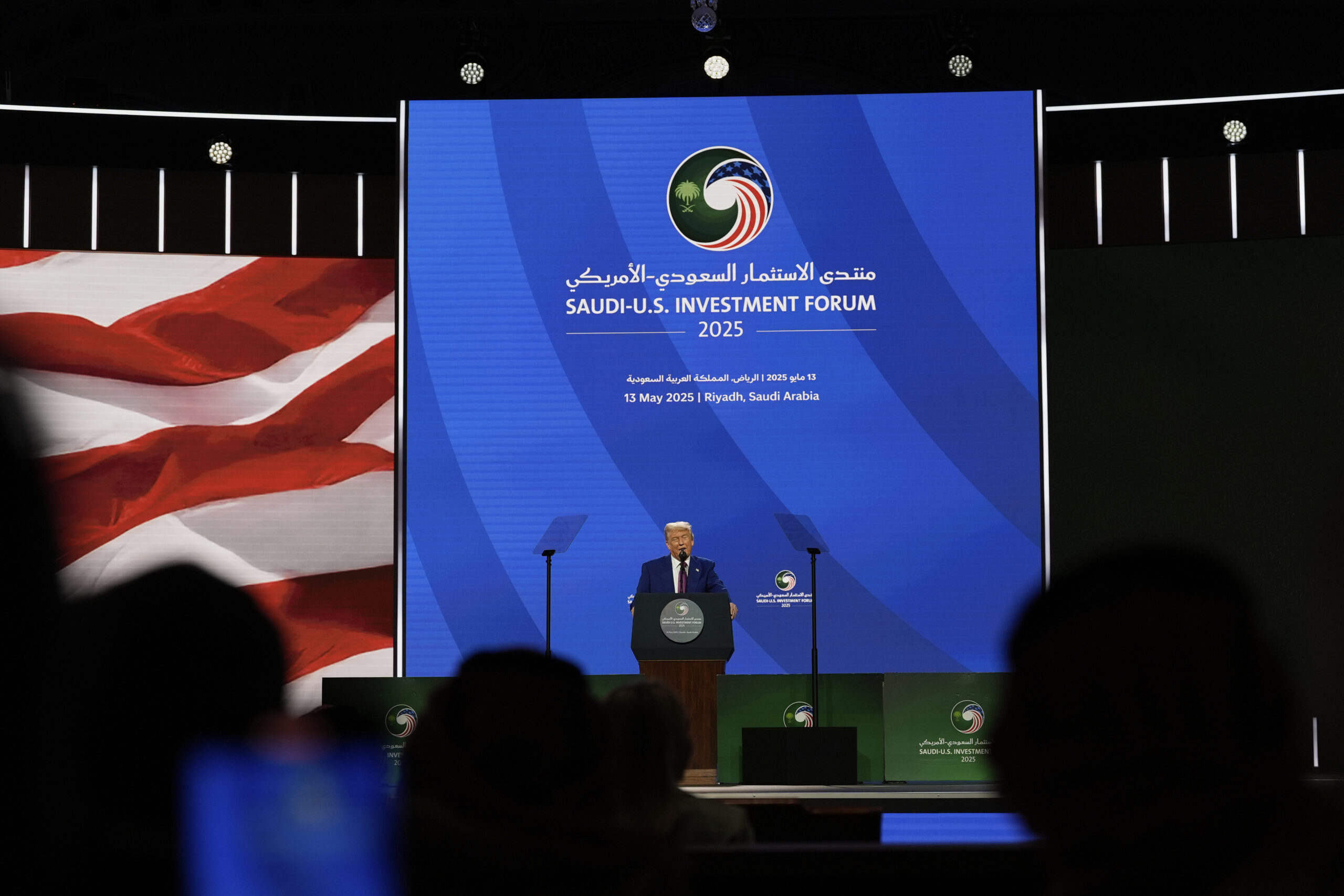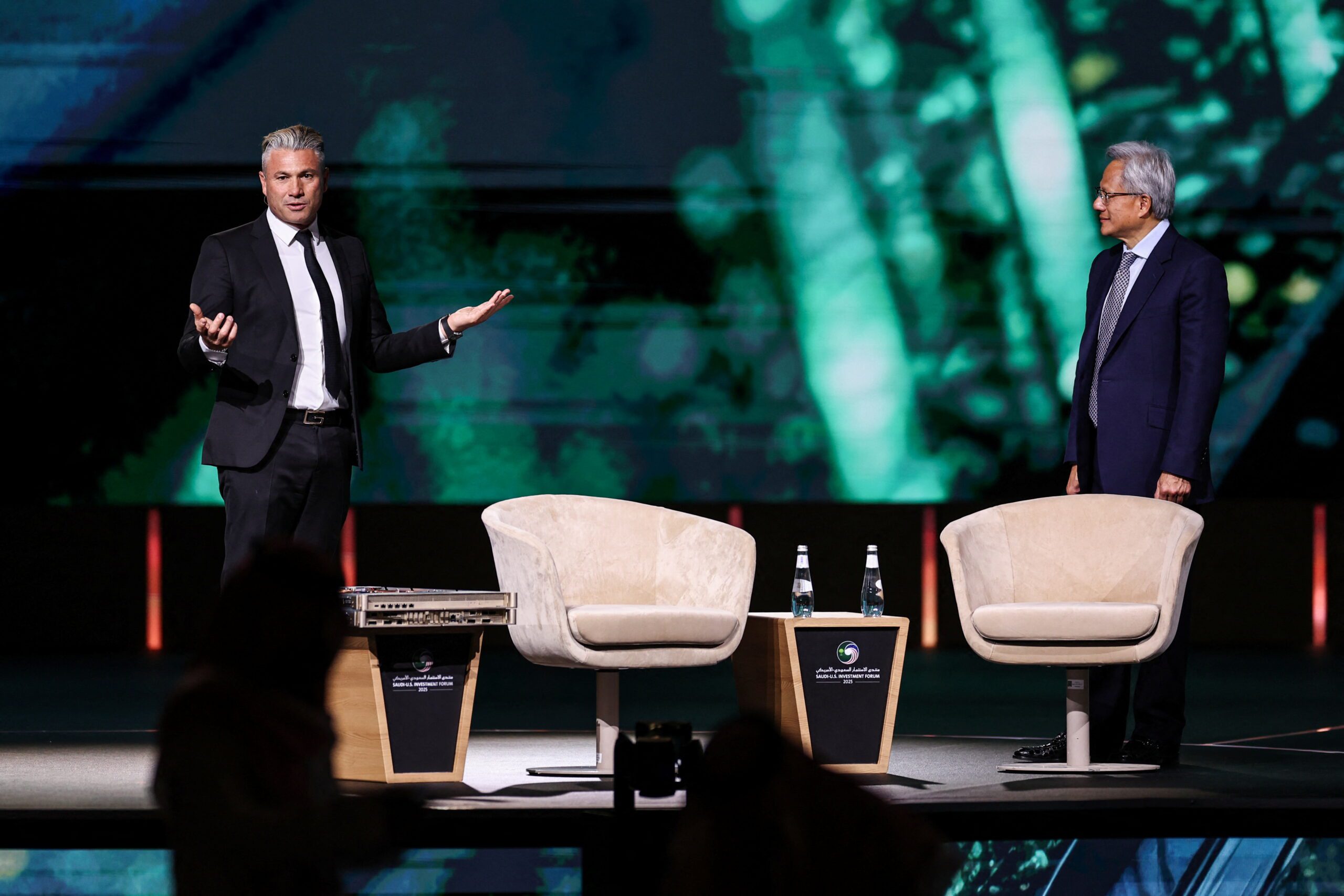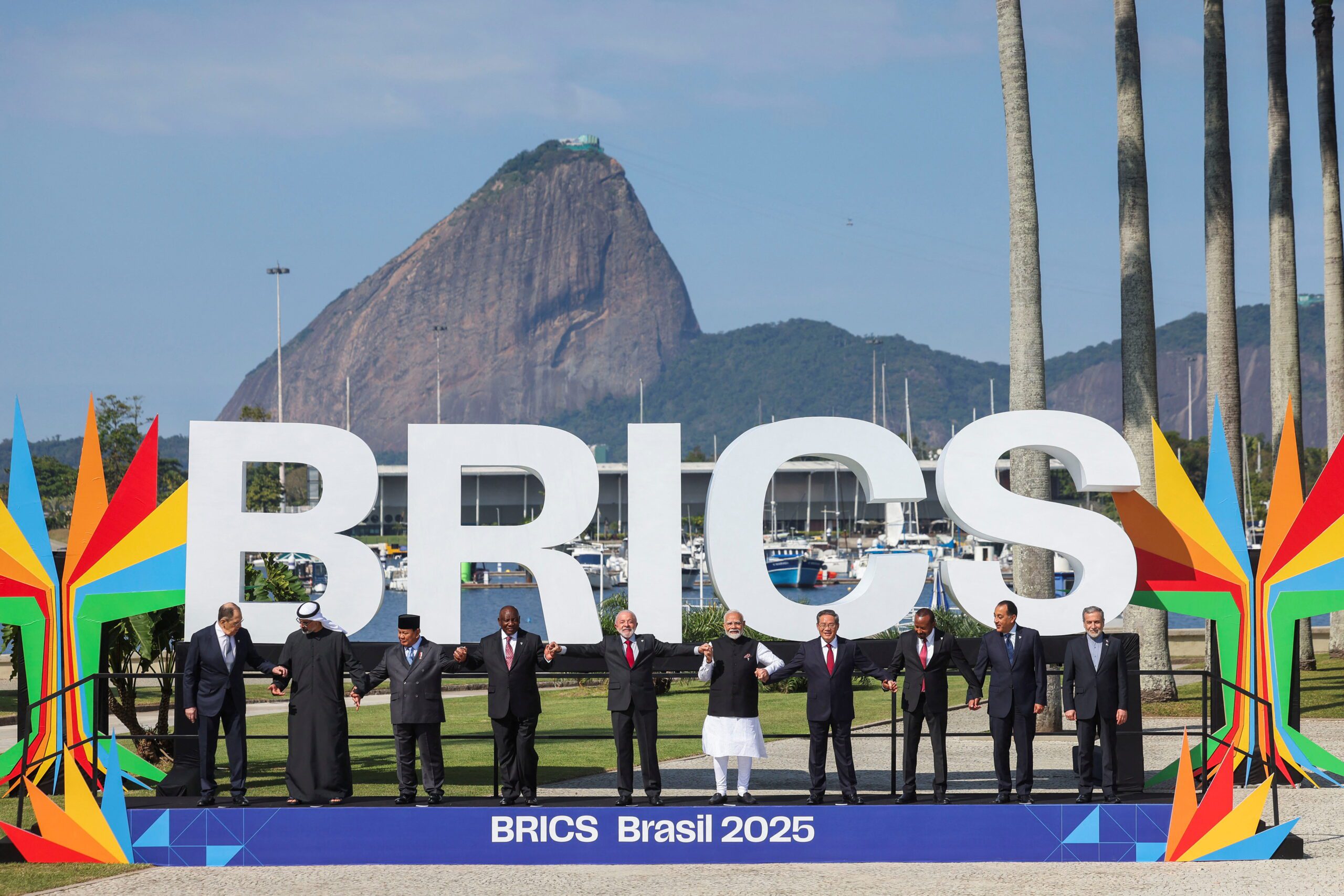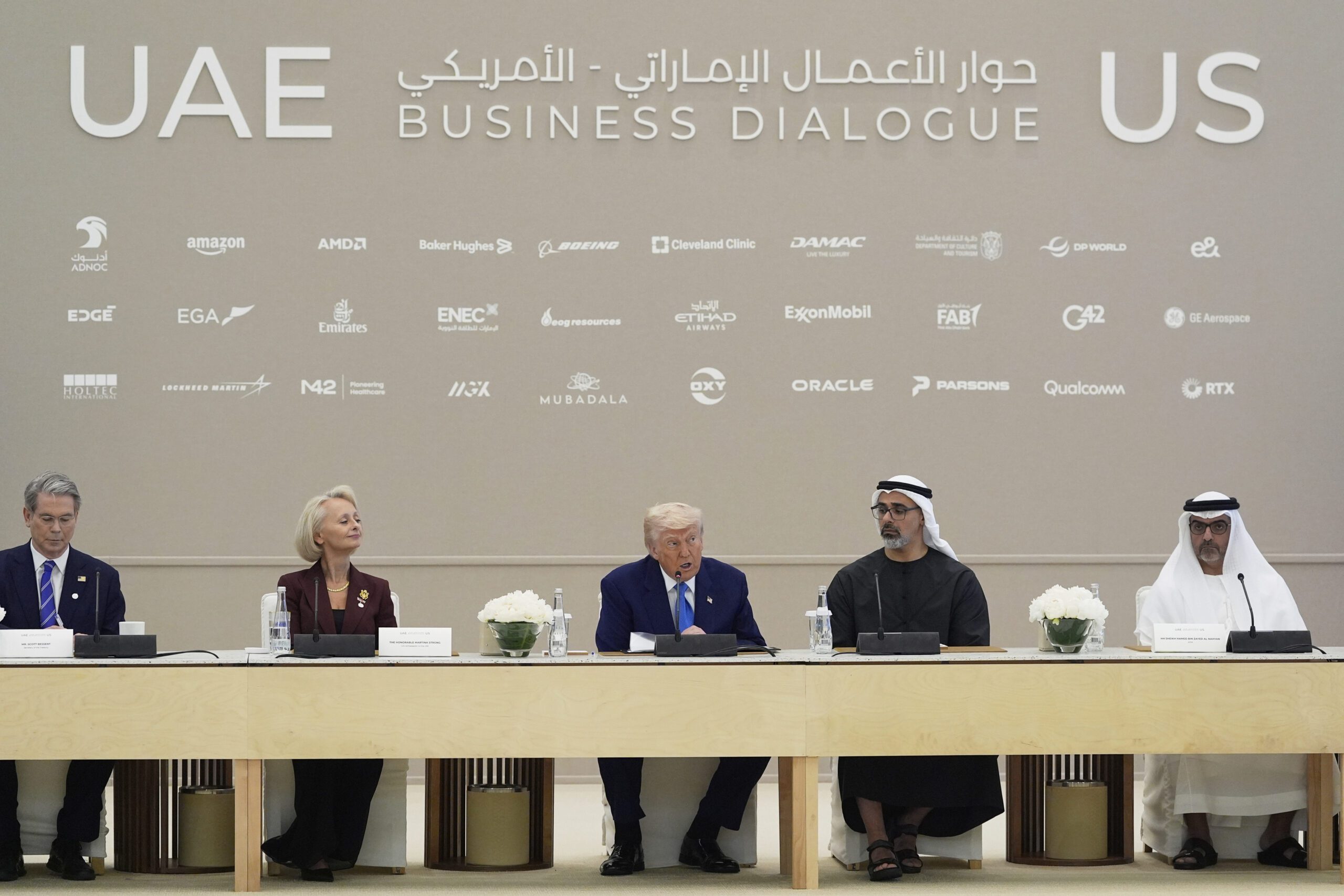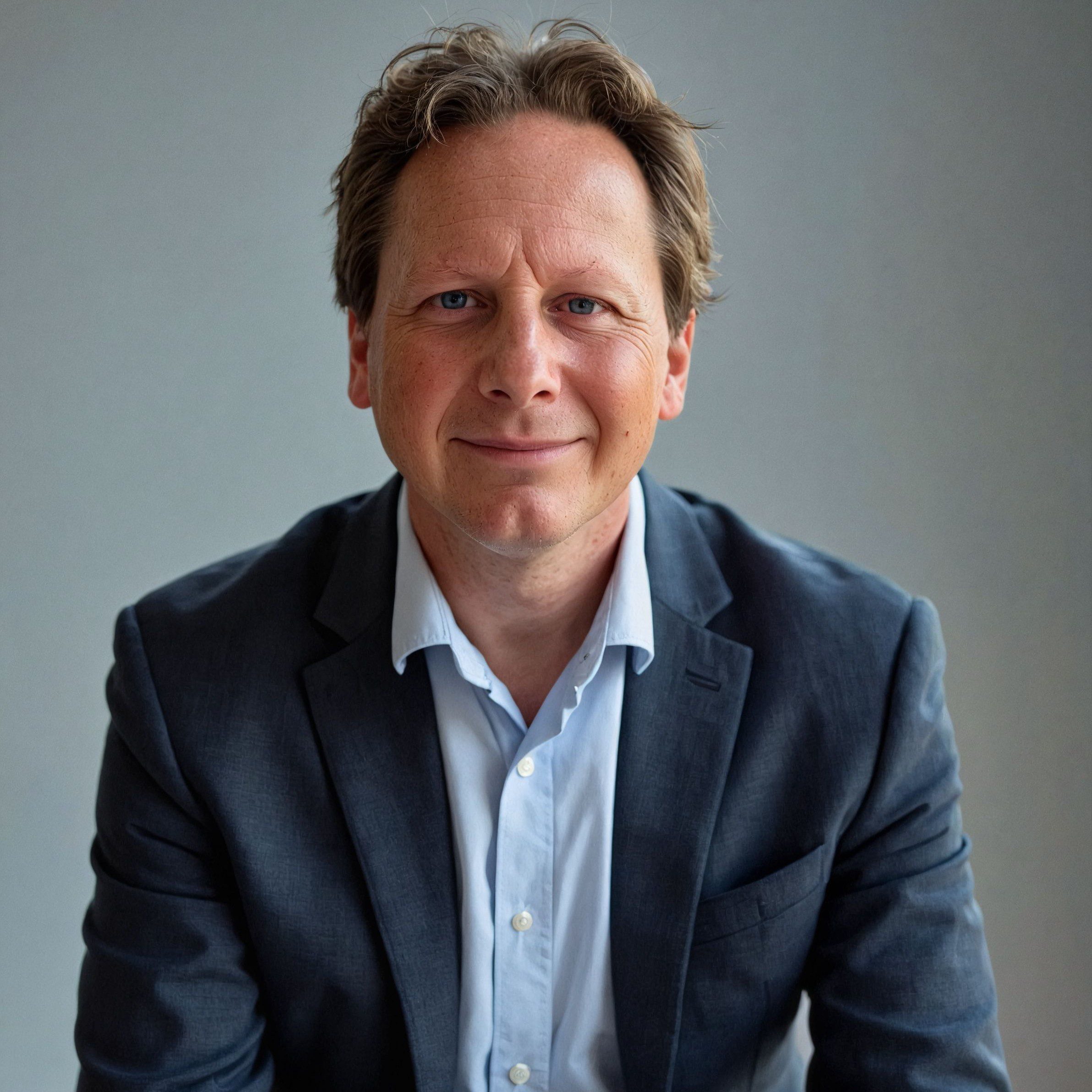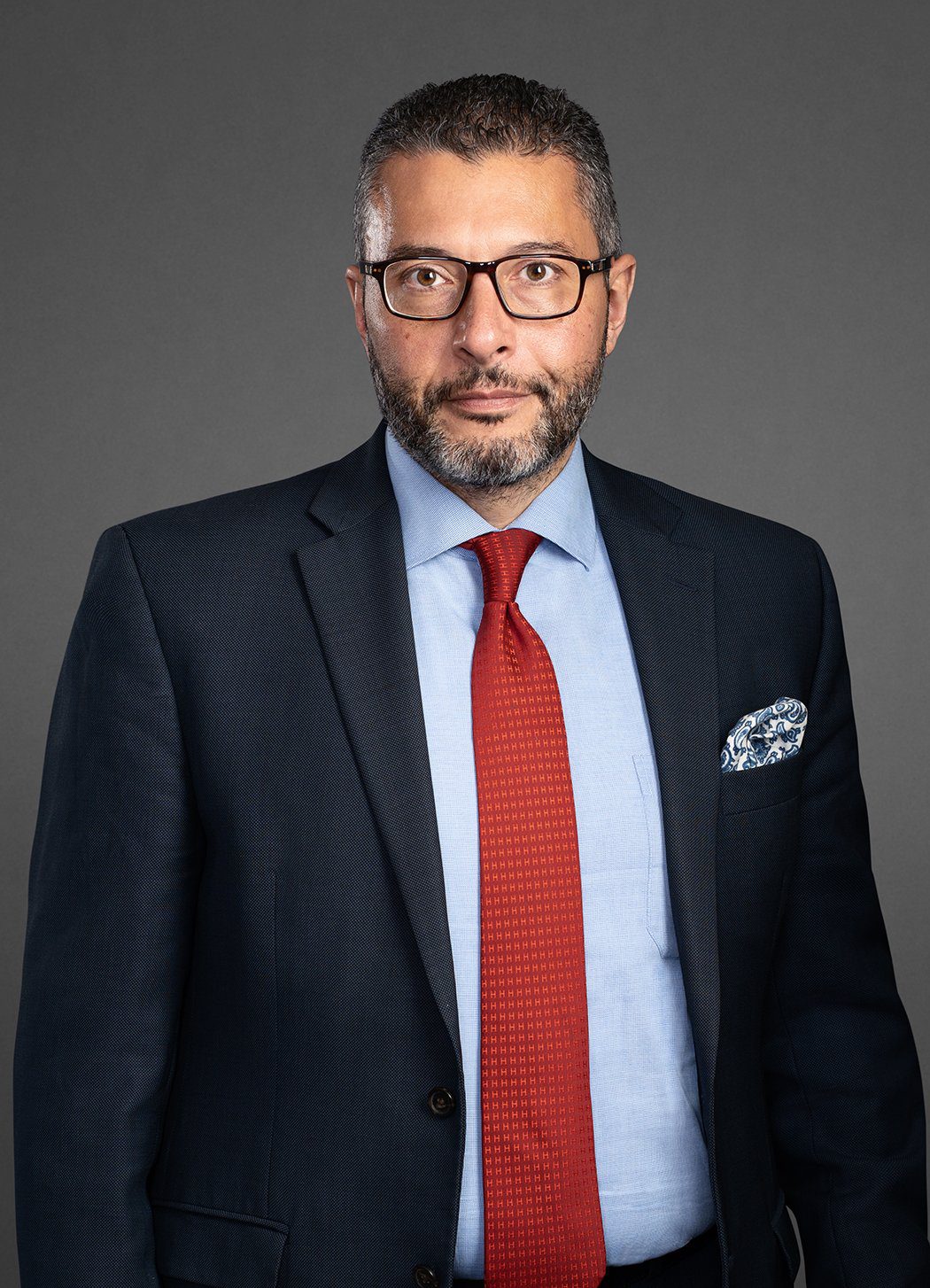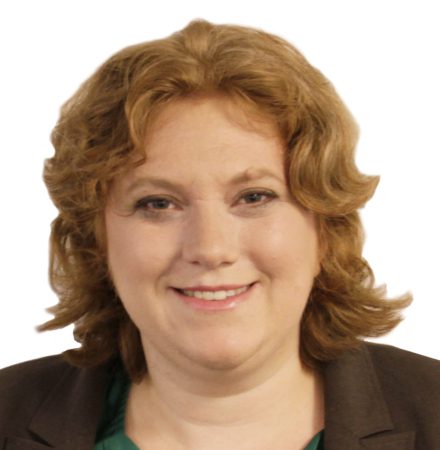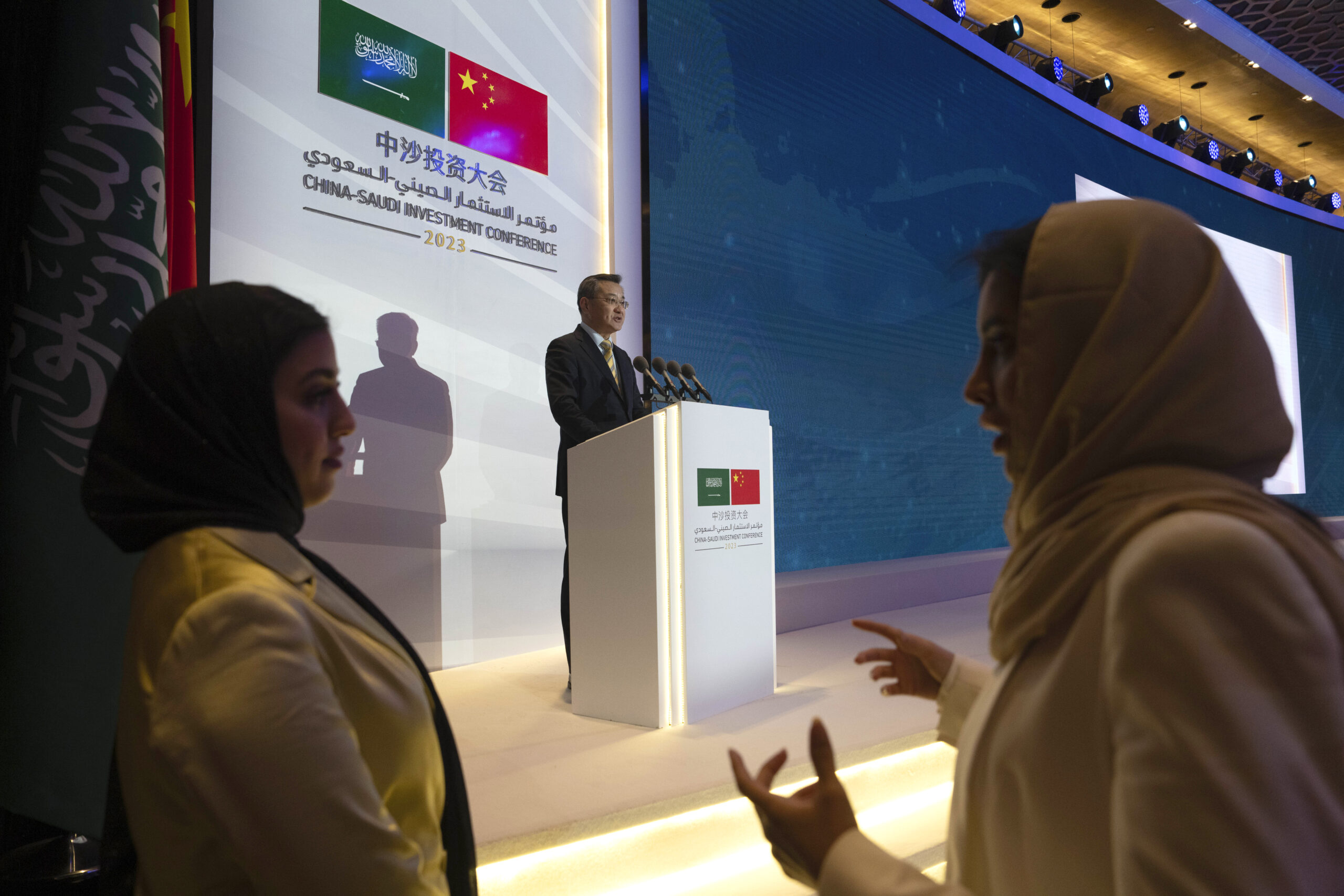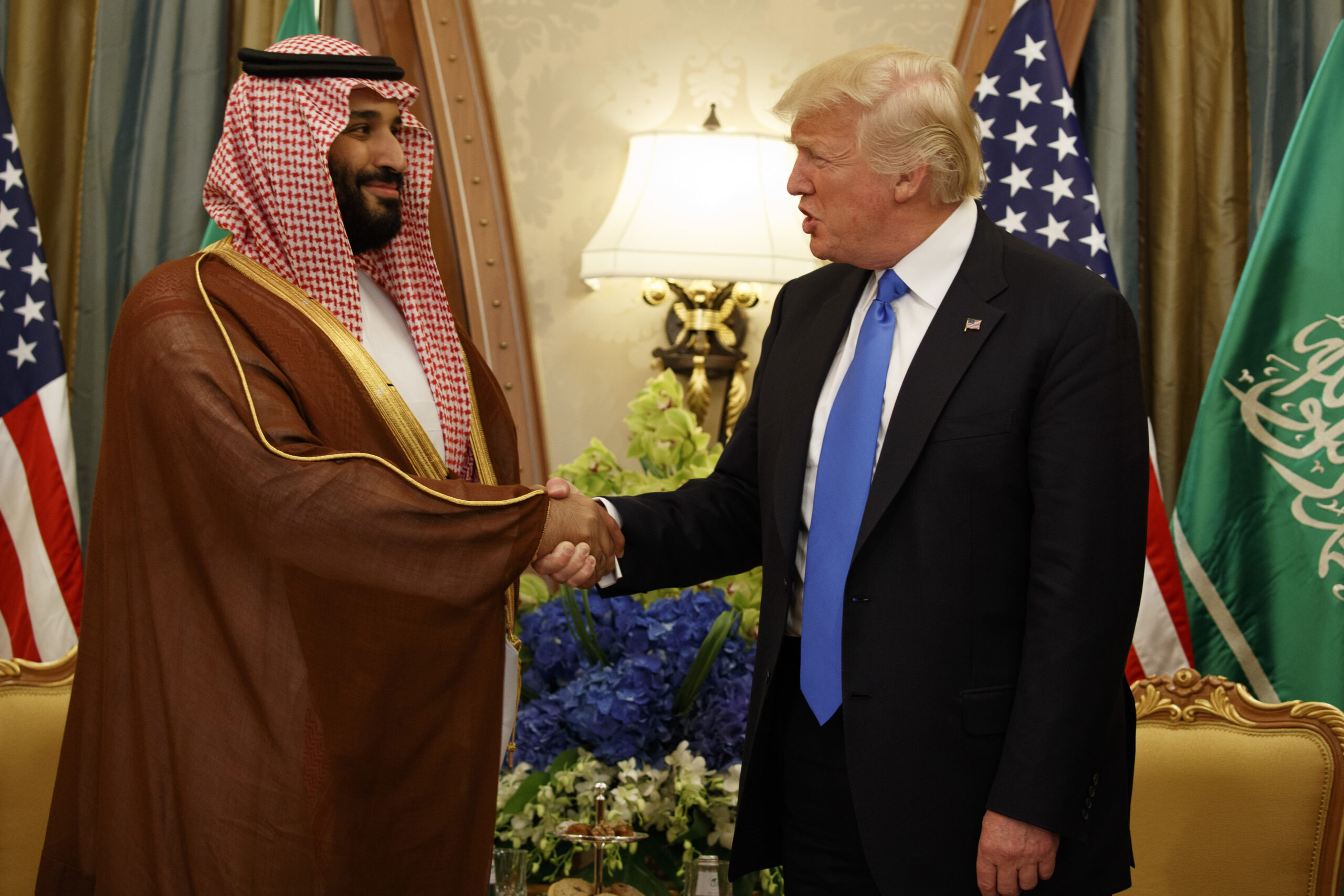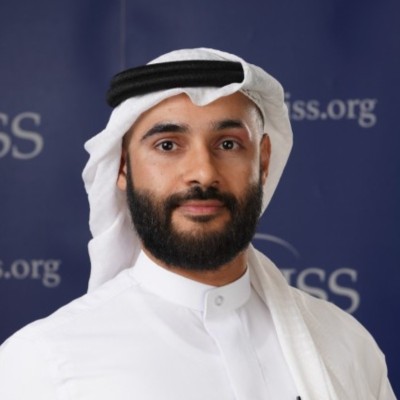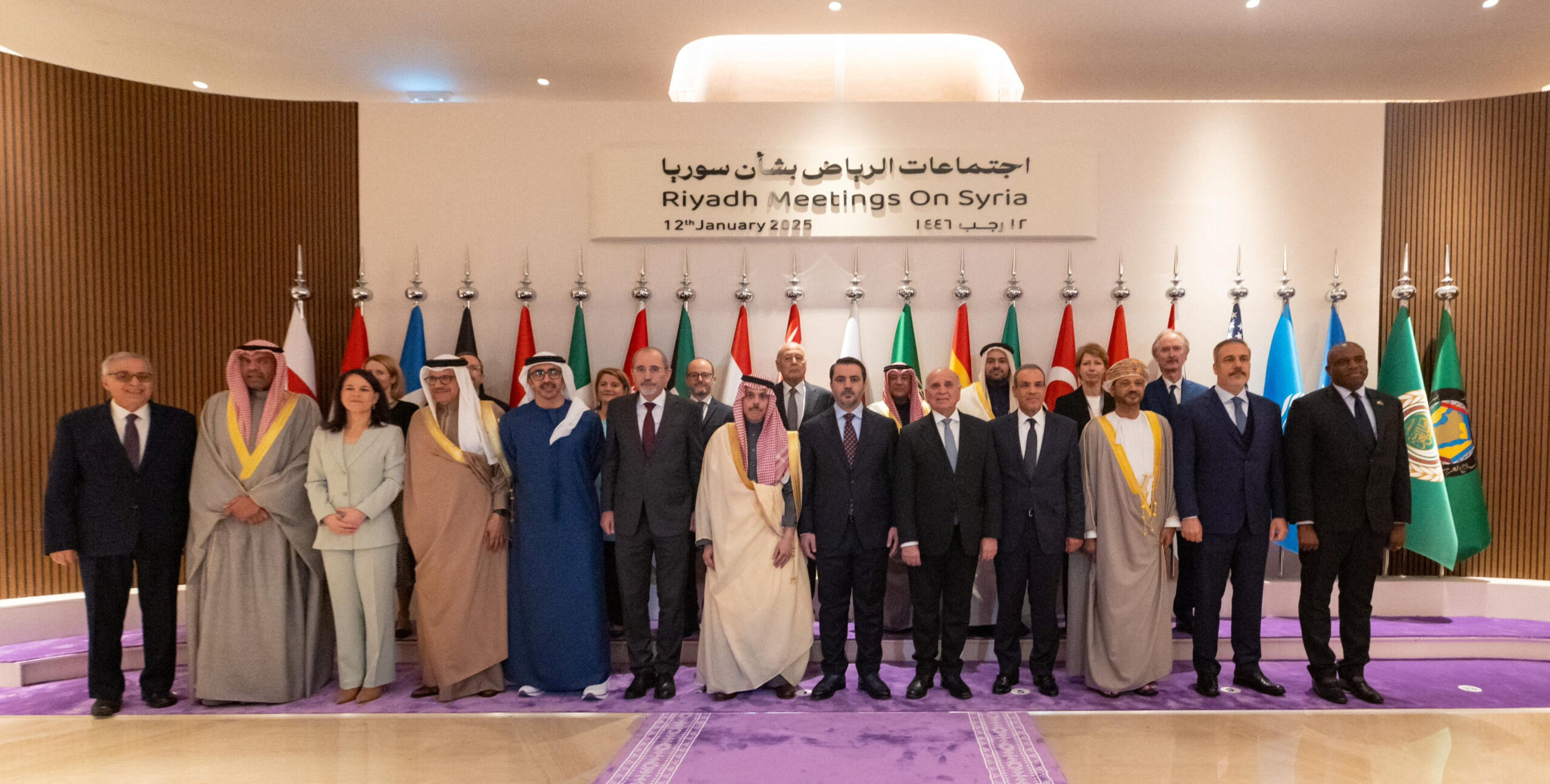New UAE Investment Laws Pose Challenge to Free Zones
Government efforts to legalize full foreign ownership in specific sectors aim to significantly boost inward foreign investments. However, the commercial reform threatens to disrupt the long-standing economic institutions and commercial incentives associated with free zones.
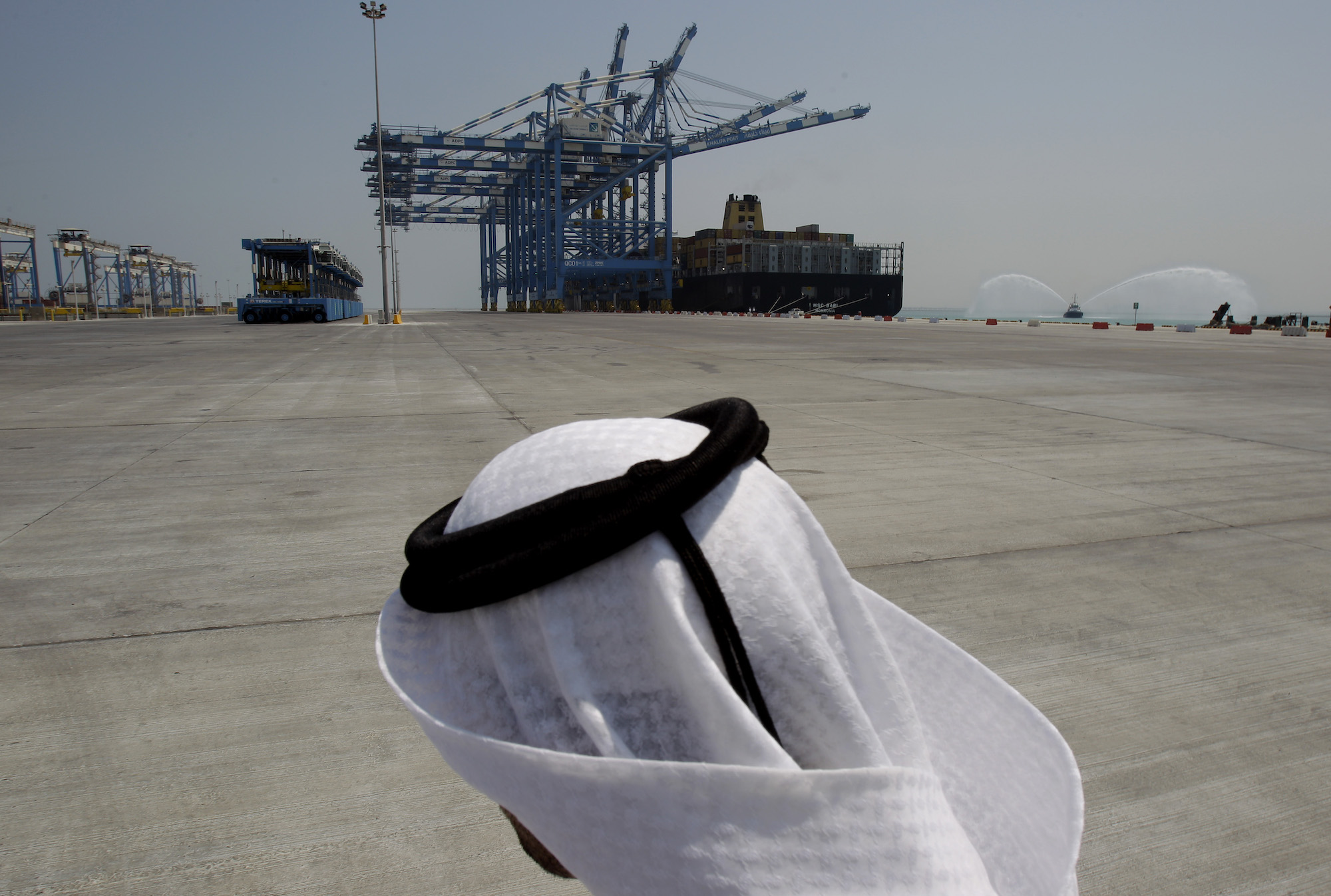
Government efforts in the United Arab Emirates to legalize full foreign ownership in specific sectors aim to boost inward foreign investments by 15 to 20 percent, according to the minister of economy. The commercial reform, however, threatens to disrupt the long-standing economic institutions and commercial incentives associated with free zones (FZs) – the traditional havens for foreign business owners seeking to maintain full control over their enterprises. In September 2017, the UAE government amended Article 10 of the Commercial Companies Law, which restricted foreign ownership of onshore commercial entities to 49 percent. The subsequent approval of a new foreign investment law in October 2018 granted authority to the UAE’s Cabinet to expand the scope of foreign ownership outside of FZs.
The UAE government intends to publish a comprehensive list of sectors eligible for full foreign ownership by the first quarter of 2019. In anticipation of the changes, FZs across the country reduced fees for registration, licensing, and other commercial services to retain existing clients and maintain competitiveness. The prospect of reform and consequent cost-cutting efforts have led certain observers to forecast a significant reduction in the commercial utility of FZs or to go so far as to suggest their eventual demise. While new foreign ownership regulations may alter specific business operations in the UAE, strong demand for FZs on the national, regional, and international levels will ensure that these commercial entities constitute a key segment of the UAE’s economy in the coming years.
Enduring Local Interests
FZs are demarcated areas wherein commercial rules and regulations differ from those governing the onshore commercial environment of the host territory. Financial centers such as the Dubai International Financial Centre and Abu Dhabi Global Market contain FZ characteristics but operate under legal jurisdictions that are distinct from UAE federal law. By contrast, traditional FZs ultimately function within the overarching jurisdiction of the country’s federal law, despite possessing independent regulatory authorities tasked with implementing commercial policies. FZ authorities offer investors three primary incentives that diverge from onshore regulations: full foreign ownership, suspension of workforce nationalization quotas, and exemptions from customs duties and taxes.
Beyond permitting investors to circumvent strict commercial policies, FZs achieve strategic objectives for host governments. Hydrocarbon-scarce emirates in the UAE rely on FZs to develop non-oil revenue streams and generate employment opportunities for local residents. This explains why Dubai and the northern emirates, which collectively preside over a mere six percent of the country’s proven hydrocarbon reserves, possessed the majority of the country’s 39 operating FZs by the end of 2016: Dubai contained 24 operating FZs and the northern emirates possessed a further 10 FZs. The revenue generated by Dubai’s Jebel Ali Free Zone alone reached approximately $531 million in 2017. According to senior government officials in Dubai, FZs contribute 33 percent to the emirate’s gross domestic product and sustain approximately 333,000 jobs.
The growth of the UAE’s FZ system shows little sign of abating; there were 44 operating FZs in the country as of July. Sharjah inaugurated Sharjah Media City and Sharjah Publishing City in 2017, and the government appointed board members for the Sharjah Research Technology and Innovation Park, a science-focused FZ planned to open in 2019. Dubai built an e-commerce-focused FZ, CommerCity, and Ajman launched the Ajman Media City Free Zone.
Dubai and the northern emirates will likely leverage political mechanisms within the country to ensure that these FZs remain economically viable commercial entities. One manner of accomplishing this objective involves limiting the scope of foreign ownership reform. Official representatives from each emirate will participate in the Foreign Direct Investment Committee tasked with determining the industries eligible for full foreign ownership. The final list of affected industries is expected to be narrow, and the committee may set foreign ownership caps below 100 percent. These potential outcomes would preserve the strategic role of FZs as commercial gateways into UAE markets.
National Support Structures
Even the resource-abundant emirate of Abu Dhabi has demonstrated a substantial, long-term investment in FZ development. The emirate expanded its Khalifa Industrial Zone in 2017 to include a new Khalifa Port Free Trade Zone, which is advertised as the largest free trade zone in the Middle East. In April, the Abu Dhabi Ports Company and the Jiangsu Provincial Overseas Cooperation and Investment Company Limited signed agreements solidifying $1 billion of Chinese investments in the new FZ. Abu Dhabi contains four additional FZs in the fields of finance, media, aviation, and sustainable energy. The media-focused twofour54 and energy-oriented Masdar FZs, in particular, function as important commercial hubs for foreign firms and consultants operating in Abu Dhabi.
The implementation of the value-added tax in January encouraged the federal government to insulate FZs from the negative impacts of regional reform initiatives. To preserve the tax-free environment within FZs, the UAE government codified a legal classification of “designated zones” as part of Cabinet Decision 59 of 2017. The new legal status shielded dozens of the country’s FZs from value-added tax eligibility once the new tax regime began. Dubai received seven designated zones, while Abu Dhabi and the northern emirates secured between one and three designated zones each. FZs overlooked by the decision, such as the Dubai Multi Commodities Centre, are appealing directly to the UAE federal government to gain recognition as designated zones.
Regional and International Demand
Foreign ownership reform in neighboring Gulf Arab states has not necessarily led to a decline in FZ development across the region. The Saudi Arabian General Investment Authority has liberalized foreign ownership regulations across various segments of the economy since the early 2000s. Nevertheless, the late King Abdullah bin Abdulaziz incorporated FZ characteristics as part of his economic city development initiative. The Saudi Economic Cities Authority signed a memorandum of understanding with the Dubai Airport Free Zone in October 2017, reflecting the degree to which Saudi policymakers value Dubai’s FZ expertise.
Under King Salman bin Abdulaziz, Saudi Arabia also launched the Neom FZ megaproject and signaled intentions to construct new FZs along the kingdom’s borders with Yemen and Iraq. The initiatives on the Yemeni and Iraqi borders would target economically marginalized areas in Saudi Arabia, in addition to serving security-related interests and countering Iran’s economic influence in neighboring countries.
Kuwait passed foreign investment laws in 2001 and 2013 that paved the way for full foreign ownership in select sectors as well as established the Kuwait Direct Investment Promotion Authority, a government organization charged with attracting foreign and local direct investment in the country. Yet, these commercial reforms neither resulted in the closure of the existing Kuwait Free Trade Zone in the Shuwaikh Port area nor prevented the emergence of new FZs in the country. The authority currently oversees the development of nascent FZs in Abdali and Al Nuwaiseeb, and the country’s New Kuwait Vision 2035 promotes the Silk City and Northern Gateway FZ-cum-megaprojects as centerpieces of a strategy to become the premier financial and commercial hub of the northern Gulf.
As Oman and Qatar have invested heavily in FZs, it is unlikely that their respective governments will allow economic reforms to negatively impact the viability of these projects. Oman’s government utilized FZs to promote development in Sohar, Duqm, and Salalah – three areas exhibiting socioeconomic pressures, chronic underdevelopment, and histories of political dissent. Qatar contains two operating FZs, and the state-run economic zones developer, Manateq, is involved in the development of another three special economic zones spread across the country.
Indeed, the Qatari government strengthened economic institutions associated with the country’s FZs as part of a strategy to address concerns over Qatar’s investment climate. The Gulf Cooperation Council crisis beginning in 2017 and ensuing boycott demonstrated that Qatar could not rely on FZ-related trade and logistics infrastructure in other GCC territories as a pillar of its economic policy. In response, the Qatari emir issued Law 21 of 2017, which granted FZ firms in Qatar comprehensive tax exemptions from all profits on traded goods in transit, exemptions from the commercial agency system, and reassurances of complete control over workforce hiring.
Demand for FZ services and expertise extends beyond the Gulf region. Emirati companies involved in global FZ development, specifically state-owned entities based in Dubai, manage port and FZ contracts across Asia, Africa, and South America. DP World holds high-profile, and at times contentious, contracts in the Horn of Africa – particularly in Djibouti, Somaliland, and Eritrea – and also serves as an important joint venture partner for FZ projects in emerging markets. For example, DP World owns 65 percent of the Free Trade Warehousing Zone within the Jawaharlal Nehru Port Trust, India’s largest container gateway. On a broader level, the UAE government and state-owned enterprises view the UAE’s FZ model as an integral element in China’s Belt and Road Initiative and consequently a means for capturing infrastructure investments and trade flows from Asian markets.
While foreign ownership reform in the UAE may reconfigure specific business processes and investment trends, FZs will continue to function as integral economic entities in the country. Both the federal level and individual emirate governments possess various institutional resources to protect FZ interests from local and regional reform initiatives. Similar foreign ownership reform processes in neighboring Gulf countries did not hamper FZ development, and strong regional and international demand for the UAE’s FZ expertise will continue to drive FZ proliferation and the related activities of state-owned enterprises in the UAE.
The views represented herein are the author's or speaker's own and do not necessarily reflect the views of AGSI, its staff, or its board of directors.


